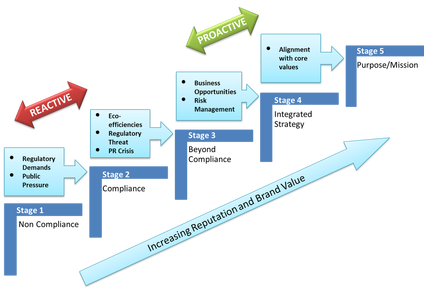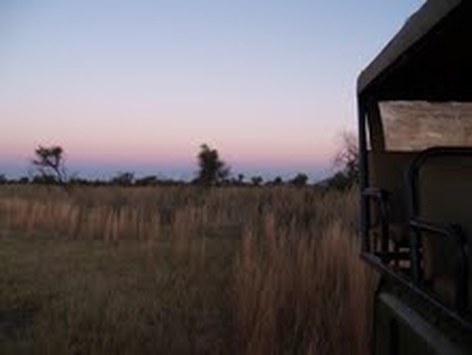Simply complying with CRC will not save firms money but it will reduce the risk of being fined by the Environment Agency. In fact, compliance will end up costing a firm through annual subsistence fees and independent audits, not to mention the internal costs associated with managing compliance. However, using energy data intelligently will enable consumption profiles to be measured, monitored, and reduced - resulting in the double benefit from reducing energy spend and CRC liability.
And once the benefits of managing energy are realised then the systems and processes in place can be expanded to include the wider carbon agenda, resources, waste, etc. all the while becoming easier to demonstrate commitment and leadership in sustainability. For large corporations this can add value directly because it becomes easier to participate in schemes such as the Carbon Disclosure Project and the Dow Jones Sustainability Index and demonstrate a firm’s green credentials.
Year on year this will begin to snowball, in a positive way as good data informs good decision making and target setting that in turn leads to further progress and achievements - providing a narrative that can be included in corporate annual reports, and environmental and CSR reports. And evidence from M&S, Co-op, Coca-cola Enterprises, and O2 (to name a few) suggests that this brings with it a sustainable future with increased stakeholder value and a fortified brand. Complying with CRC is just the first step.



 RSS Feed
RSS Feed
